The Federal Government has approved the release of ₦50 billion for the payment of earned allowances to both academic and non-academic staff in federal universities, as part of efforts to strengthen the educational sector and maintain industrial peace.
This move was made public by the Minister of Education, Dr. Maruf Alausa, and it was described as part of President Bola Tinubu’s promise to support the academic workforce and promote stability in Nigeria’s university system.
According to a statement issued on Wednesday by the Director of Press at the Federal Ministry of Education, Folasade Boriowo, the fund release reflects the administration’s serious commitment to advancing education through continuous investment.
“This intervention is not just a financial transaction—it is a reaffirmation of our President’s belief in the capacity of Nigerian youth and the invaluable role that academic and non-academic staff play in nurturing them,” Alausa was quoted as saying.

The move has been welcomed by many as a timely step to ensure that Nigeria’s educational system continues to function without interruptions.
Moreover, it is seen as a reward for the patience and trust the unions have shown despite past challenges.
Dr. Alausa also praised the unions for their understanding and ongoing support for the administration.
“Alausa expressed Tinubu’s heartfelt appreciation to the academic and non-academic unions for their sustained trust in his administration,” the statement added.
In addition, Boriowo noted that this act stands as “yet another testament to Tinubu’s unwavering commitment to fundamentally transform Nigeria’s education sector.”
She added that it clearly shows the President’s plan to move the country from a resource-based economy to one driven by knowledge.
“It reflects the administration’s bold resolve to transition the nation from a resource-based to a knowledge-based economy through strategic investments in education, infrastructure, and human capital,” she said.
The Education Minister stressed that the welfare of university workers remains key in building a solid academic structure.
“By prioritising their welfare, we are laying the foundation for a future where every Nigerian child receives highly qualitative and globally competitive education,” he said.
This release comes at a time when Nigeria is experiencing one of the most stable academic periods in recent years.

The statement highlighted that “the country is currently experiencing one of the longest uninterrupted academic sessions in recent history—a feat attributed to the mutual understanding and shared commitment between the government and the university community.”
Meanwhile, the ₦50 billion disbursement is a step in the right direction, experts believe more still needs to be done.
This includes upgrading learning facilities, improving infrastructure, and investing in teacher training.
Nonetheless, it is hoped that with ongoing support, Nigeria’s education sector will gradually grow stronger and more productive.
The government, students, and citizens must all play a part in this process.


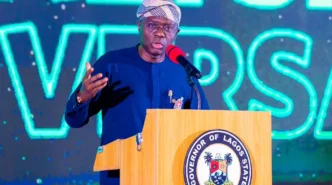
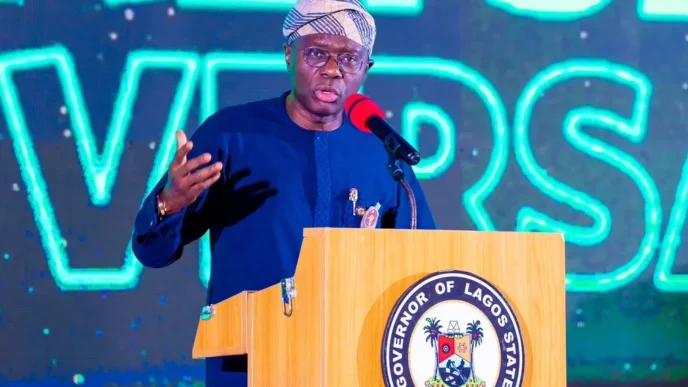
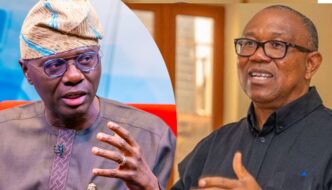

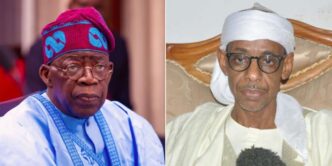
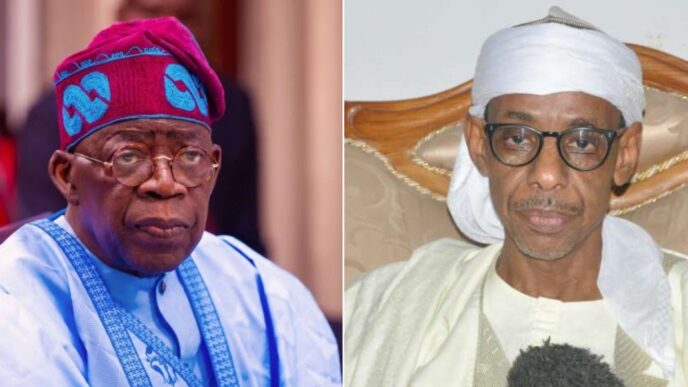
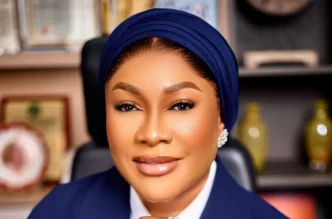



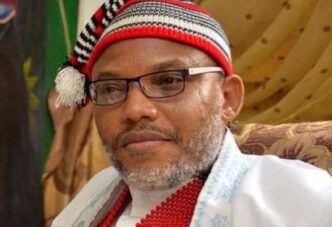
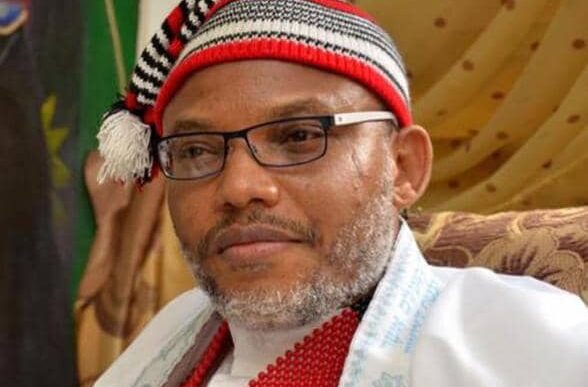
Good one. I just hope it gets to where it’s supposed to get to, intact!